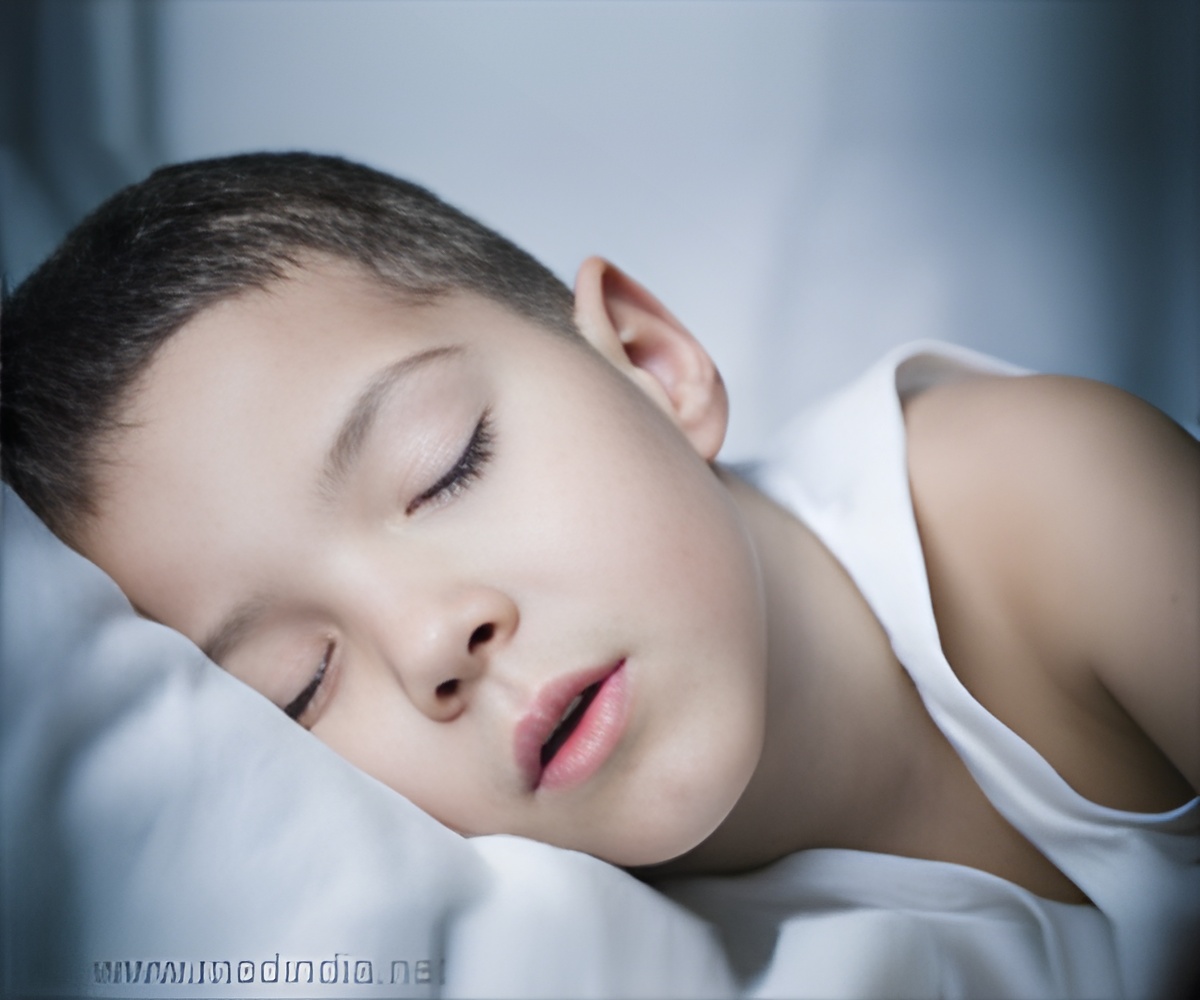Sleep interventions can benefit both the child and the parent. Finding a way to regulate child's sleep, can boost your own state of mind and self-confidence.

‘Higher levels of depression is likely to be seen in parents, who worry a lot about how to manage their child's sleep.’





What prompted you to focus on parents' mental state for this particular study?Researchers already have a good understanding of how poor sleep can affect children's growth and development. We have a fairly good idea how parental depression can negatively impact children's development and parental attachment.
But we know less about how kids' sleep can affect their parents' mental health. This study is one of the first to look at that connection.
What did you find?
We recruited 253 families from B.C. with infants who were having trouble sleeping, and ruled out parents diagnosed with or currently experiencing clinical depression.
Advertisement
The second only received basic infant safety information packages. We rated the parents' depression scores at the outset, and at six and 24 weeks after the intervention.
In other words, parents who worried that they could not manage their children's sleep were more likely to have higher levels of depression. That was true for both mothers and fathers.
The situation improved after the intervention, notably by the 24-week mark. Once the infant sleep problem was treated, parental depression lifted significantly. There was a reduction of almost 30 percent of mothers and 20 per cent of fathers reporting high depression scores.
What does this mean for parents and health care professionals?
It tells us that we should listen carefully to parents of young infants, to recognize signs of depression associated with doubts about helping infants sleep that are beyond parental fatigue or lack of sleep.
It also highlights how sleep interventions can benefit both child and parent. If you can find a way to regulate your child's sleep, your own state of mind and self-confidence get a boost.
Talking to a health professional can help.
If that's not easily accessible, UBC has posted one of my public talks on YouTube that could help in understanding children's sleep.
Source-Eurekalert














